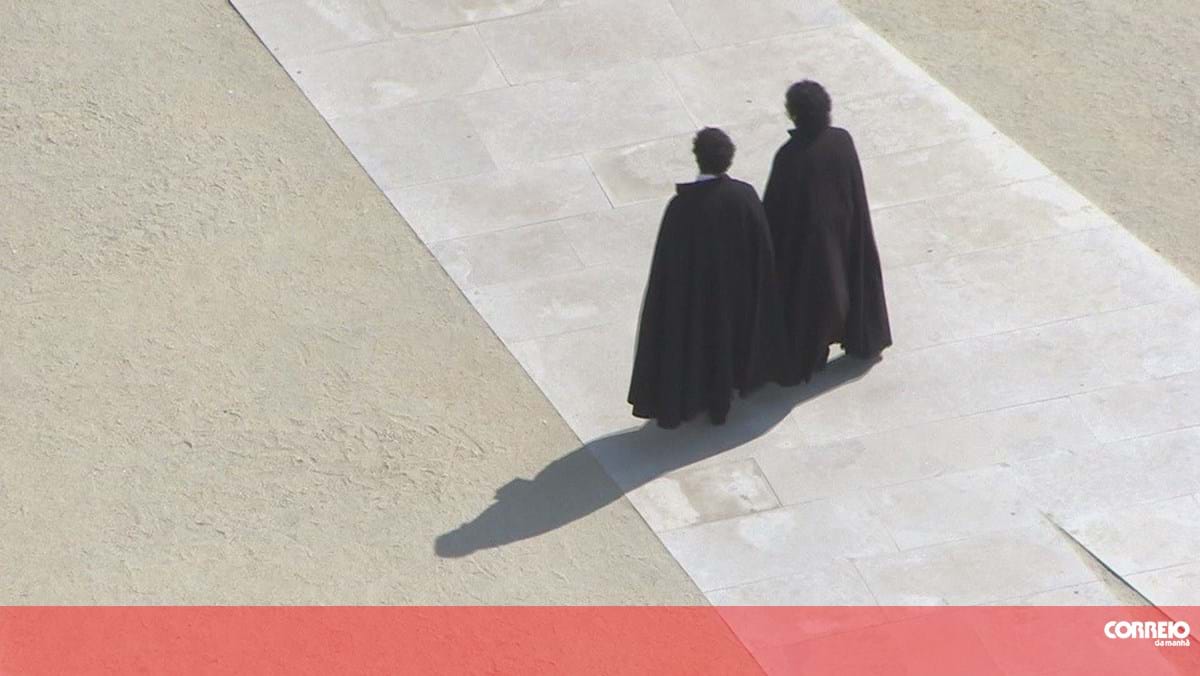Science, Technology and Higher Education Minister Elvira Fortunato said on Wednesday that no student with economic hardship will be discriminated against in accessing higher education, “regardless of their race, religion, etc.”
In Braga, in statements to journalists following a visit to the International Iberian Nanotechnology Laboratory (INL), in which she was accompanied by her Spanish colleague, Elvira Fortunado stressed that this year the government will implement “a number of measures” to support disadvantaged students and displaced people.
“We do not want any student, for economic reasons, not to have access to higher education. This is out of the question,” he said.
The minister mentioned “a number of subsidies” to be provided for the first time this year, including a transport subsidy.
He also said that this year students will know “practically at the time of application” whether they have access to a social grant, whereas until now they had to wait “a long time” to receive this confirmation.
“That will make all the difference, because they can immediately assume that it is not for financial reasons that they will not go to higher educational institutions,” he said.
Thus, the minister answered journalists’ questions about the fact that the government allegedly did not create a contingent of 500 places in universities for students from priority intervention educational areas (SPNA) for the next academic year.
The measure was one of the main innovations of the National Plan to Combat Racism and Discrimination, adopted last July, which called for a fourfold increase in vacant places for low-income students in three years: 1,000 in 2023, 1,500 in 2024 and 2,000 in 2025.
Elvira Fortunado said that the issue was being discussed and would be reopened soon, but reiterated that the government is making sure that no student is left behind for economic reasons.
“We want all students to have access and that students with great economic hardship are not discriminated against, regardless of their race, religion, etc.,” he stressed.
Also, when asked about the inconsistency in the amounts charged by various universities for the completion of doctoral theses, the minister said that universities have financial autonomy and that the government “cannot set a specific amount.”
However, he added, “this issue is being considered in the ministry.”
“We are considering a better way,” he replied when asked about the hypothesis put forward by former supervising minister Manuel Heytor that the ministry should take over the payment from the state budget.
Today, Elvira Fortunato visited the INL in Braga, accompanied by the Spanish Minister of Science and Innovation, Diana Morant, a meeting that served as a “discussion on issues to be discussed” at the next Iberian Summit to be held in October. , in Viana Castle.
“The goal is to strengthen and expand scientific ties between Portugal and Spain, countries that are very close to each other,” he said.
He recalled that in addition to INL, an Iberian research center in the field of energy is being built in Caceres, Spain.
The center, which, according to Diana Morant, will work in the field of green energy and will have technologies “the most advanced in the world.”
“Cooperation between Portugal and Spain in the field of science and innovation is in a very good state and will be even better with this center,” said the Spanish minister.
Author: Lusa
Source: CM Jornal




